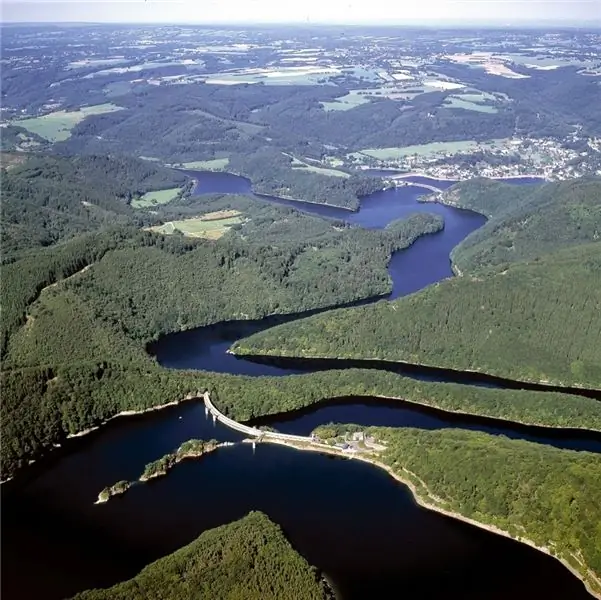
The rivers of South America differ not only in their natural basins, but also in the number of local attractions located along their banks.
Tocantins
One of the main rivers in Brazil, formed at the confluence of the Rio das Almas and Maranhao. You can find information that the Tocantins is a tributary of the Amazon, but in reality this is not the case. The rivers run next to each other and at the same time flow into the waters of the Atlantic.
Tocantins is a supplier of clean drinking water and also serves as an excellent fishing spot. Of course, if we compare the variety of local fish with the Amazon basin, then the waters of the Tocantins are rather poor in this sense. But, nevertheless, 350 species, for people living on its shores, this is more than enough. Representatives of the families are especially often found here: haracin; Rivulovs. And chain catfish. Several large mammals have chosen the river as their home: the Amazonian manatees; large reptiles; river dolphins.
Sights:
- rapids Guariba;
- floodplain forests;
- reservoir Tukurui;
- park "Lajedau", "Chapada das Mesas", "Araguaya".
Purus
The Purus is the deepest tributary of the Amazon and the most meandering river on the planet. If you draw a straight line between its source and the place of confluence, you get exactly 3211 km. But in reality this is only half of the total length of the Purus.
One of the most beautiful aquarium fish - blue discus - lives in the waters of Pirus. But if in an artificial habitat they grow up to only 12 centimeters, then in the waters of the river you can see individuals 20 centimeters tall. In total, 2000 species of fish live in the Purus basin.
Sights:
- the town of Rio Branco, where you should definitely visit the Cathedral of Our Lady, the Casa de Seringiero Museum, the Rio Branco Palace;
- Porto Velha;
- Xapuri (Chico Mendes Museum);
- William Chandless Park;
- Abufari and Rio Acre are national reserves.
Araguaya
Araguaya (in Portuguese the name sounds like Rio Araguia) is not an official tributary of the Amazon, but, nevertheless, is part of its basin. Scientists still cannot determine the place of its origin. There are two versions: Araras mountain range; Kayapu ridge.
The name of the river was given by the Indians of the Tupi-Guarani tribe. The additional syllable "ara" appeared due to the association of the color of river water with the macaw parrots living here. Due to the huge number of waterfalls, the water of Araguai constantly changes its color, and the main shade is reddish-brown, somewhat reminiscent of the plumage of handsome macaws.
The waters of Araguai have become home to a huge number of fish, approximately 2000 species. The exact number is still unknown. At the same time, absolutely crumbs live here, which even might not have been noticed if it were not for the bright color. But the absolute record holder of the local water area is the two-meter arapaima. And if you believe the tales of local fishermen, then even five-meter giants of the arapaima were caught in Araguai.
Attractions: 18 territories under state protection, in particular, the parks of Kantayu, Araguaya.






